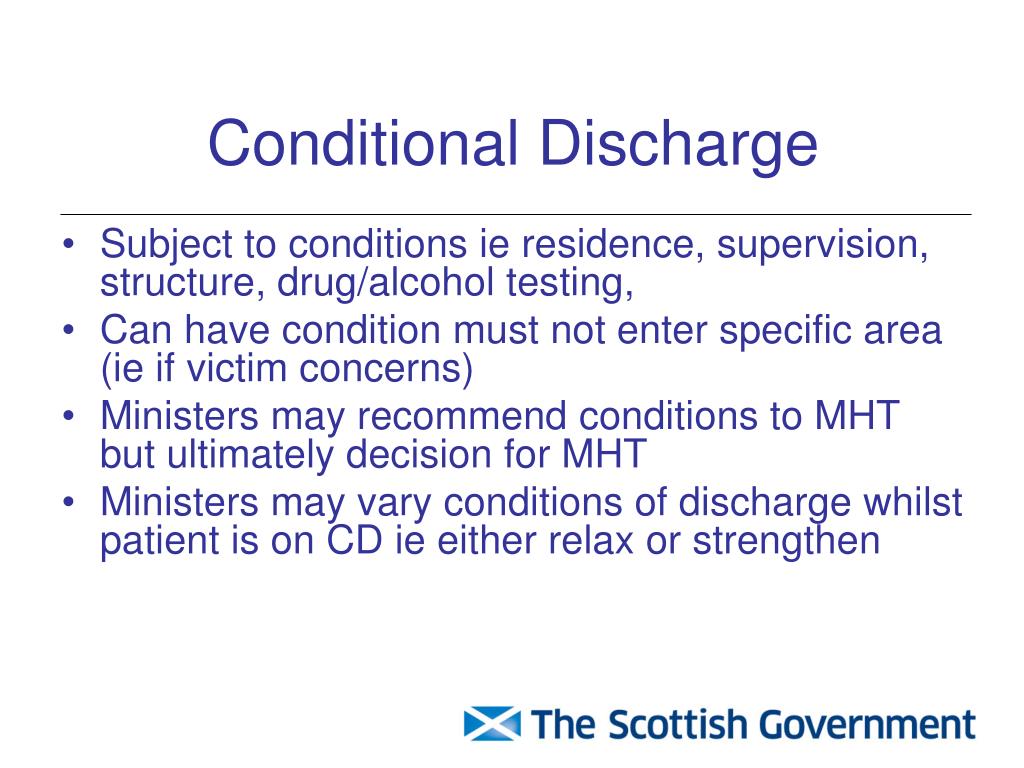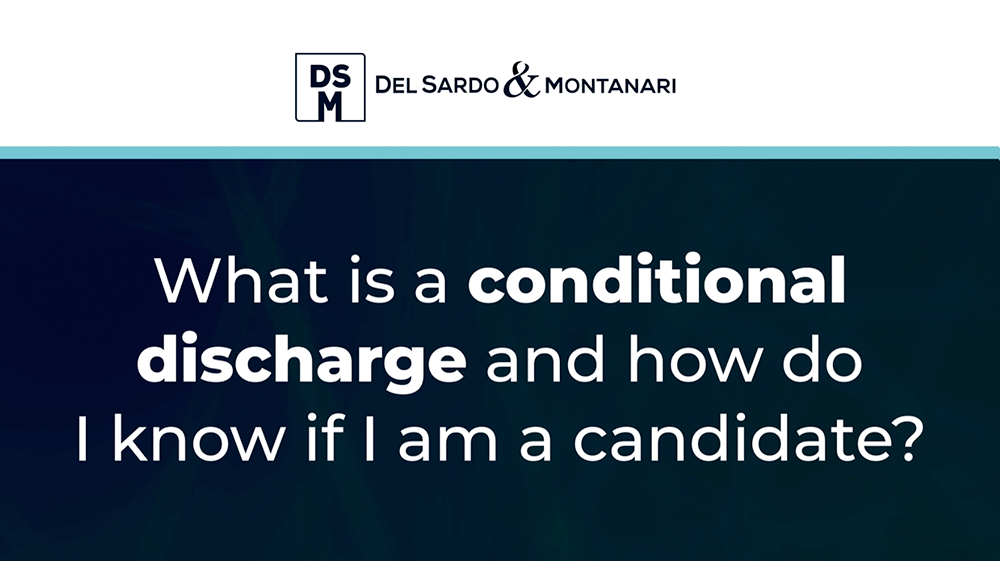What Is A Conditional Discharge - Discharge in criminal law refers to a legal outcome where a defendant is found guilty of an offense but is not subject to a traditional. Learn the differences between probation, conditional discharge, and court supervision for misdemeanor offenses in.
Discharge in criminal law refers to a legal outcome where a defendant is found guilty of an offense but is not subject to a traditional. Learn the differences between probation, conditional discharge, and court supervision for misdemeanor offenses in.
Discharge in criminal law refers to a legal outcome where a defendant is found guilty of an offense but is not subject to a traditional. Learn the differences between probation, conditional discharge, and court supervision for misdemeanor offenses in.
Conditional Discharge Definition & Examples Lesson
Discharge in criminal law refers to a legal outcome where a defendant is found guilty of an offense but is not subject to a traditional. Learn the differences between probation, conditional discharge, and court supervision for misdemeanor offenses in.
DIVERSION PROGRAMS. ppt download
Discharge in criminal law refers to a legal outcome where a defendant is found guilty of an offense but is not subject to a traditional. Learn the differences between probation, conditional discharge, and court supervision for misdemeanor offenses in.
PPT Restricted Patients, CPA and MAPPA PowerPoint Presentation, free
Learn the differences between probation, conditional discharge, and court supervision for misdemeanor offenses in. Discharge in criminal law refers to a legal outcome where a defendant is found guilty of an offense but is not subject to a traditional.
Independent Mental Health Advocacy (IMHA) Advocacy Focus
Learn the differences between probation, conditional discharge, and court supervision for misdemeanor offenses in. Discharge in criminal law refers to a legal outcome where a defendant is found guilty of an offense but is not subject to a traditional.
Conditional Discharge for Criminal Offences in England Understanding
Learn the differences between probation, conditional discharge, and court supervision for misdemeanor offenses in. Discharge in criminal law refers to a legal outcome where a defendant is found guilty of an offense but is not subject to a traditional.
Understanding Conditional Discharge and Absolute Discharge
Learn the differences between probation, conditional discharge, and court supervision for misdemeanor offenses in. Discharge in criminal law refers to a legal outcome where a defendant is found guilty of an offense but is not subject to a traditional.
Quiz & Worksheet Conditional Discharge Meaning
Learn the differences between probation, conditional discharge, and court supervision for misdemeanor offenses in. Discharge in criminal law refers to a legal outcome where a defendant is found guilty of an offense but is not subject to a traditional.
FAQ1_What is a conditional discharge and how do I know if I am a
Learn the differences between probation, conditional discharge, and court supervision for misdemeanor offenses in. Discharge in criminal law refers to a legal outcome where a defendant is found guilty of an offense but is not subject to a traditional.
What is a Conditional Discharge? Criminal Defense Lawyer Greenville
Discharge in criminal law refers to a legal outcome where a defendant is found guilty of an offense but is not subject to a traditional. Learn the differences between probation, conditional discharge, and court supervision for misdemeanor offenses in.
Conditional Discharge vs. First Offender... What is the difference
Discharge in criminal law refers to a legal outcome where a defendant is found guilty of an offense but is not subject to a traditional. Learn the differences between probation, conditional discharge, and court supervision for misdemeanor offenses in.
Discharge In Criminal Law Refers To A Legal Outcome Where A Defendant Is Found Guilty Of An Offense But Is Not Subject To A Traditional.
Learn the differences between probation, conditional discharge, and court supervision for misdemeanor offenses in.









